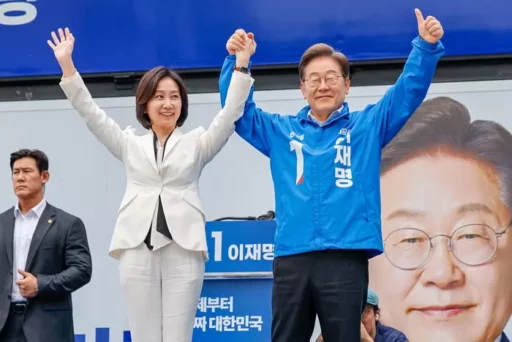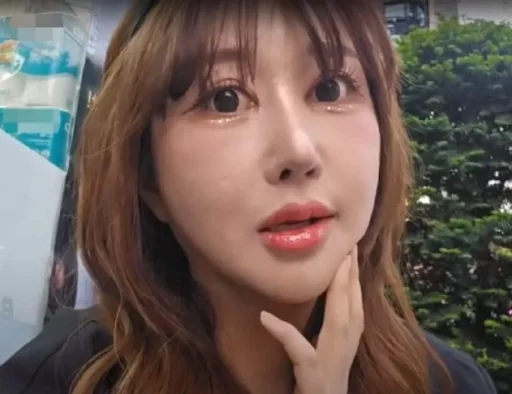"Candidates Chosen by the Chungcheong Region Become Presidents"… Successful Predictions for 7 Consecutive Elections
In the political arena, the Chungcheong region is often regarded as the 'casting vote' for presidential elections, attracting particular interest in the local electoral sentiments.
Indeed, the Chungcheong region, specifically North and South Chungcheong provinces, has accurately predicted the winners of presidential elections for seven consecutive times, starting from the 14th presidential election to the most recent one. In the last election, while Yoon Seok-youl, the then-candidate of the People Power Party, lost to Lee Jae-myung in Sejong, he won in all other areas of Chungcheong and was elected president.
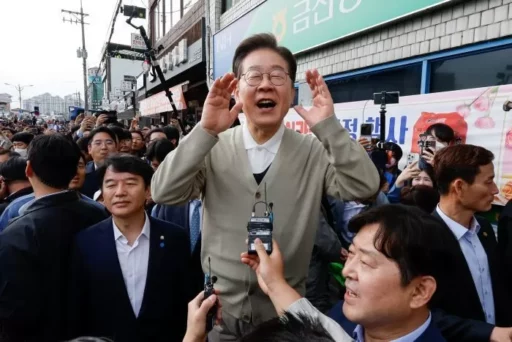
Among the Chungcheong region, Okcheon County in North Chungcheong and Geumsan County in South Chungcheong reportedly have an astonishing record of never being wrong since the 2nd presidential election up to the last one.
Consequently, the electoral sentiment in the Chungcheong region is referred to as the 'barometer of presidential elections' in South Korean politics, making it a crucial indicator for predicting election outcomes.
According to a recent survey conducted by Realmeter, commissioned by the Energy Economy Newspaper, from October 14 to 16, a suitability assessment of potential presidential candidates was carried out, targeting 1,509 voters aged 18 and older across the nation (100% mobile, ARS, with a 95% confidence level and a margin of error of ±2.5%). The results indicated that Lee Jae-myung had 50.2%, Kim Moon-soo 35.6%, and Lee Jun-seok 8.7%. In the Chungcheong region, Lee Jae-myung received 47.2%, while Kim Moon-soo garnered 36.8% (for more details, refer to the Central Election Survey Deliberation Committee's website).
In the Chungcheong region, Lee Jae-myung received 47.2%, while Kim Moon-soo garnered 36.8%.
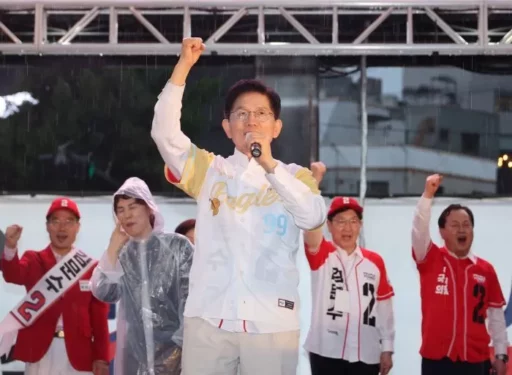
Exploring the Presidential Election 'Jinxes' in the Political Arena
The notion that "the candidate chosen by the Chungcheong region becomes president" is a type of 'jinx,' and there are a few other presidential election 'jinxes' that are garnering attention as the election approaches.
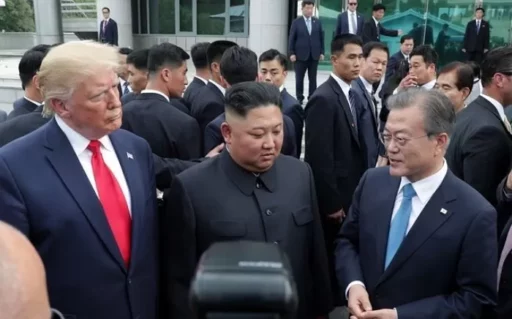
Firstly, there exists a jinx that "presidential elections in South Korea and the United States alternate between conservative and progressive administrations." Patterns formed include Bill Clinton (Democrat) and Kim Young-sam (Democratic Liberal Party), George W. Bush (Republican) and Kim Dae-jung (Democrat), Barack Obama (Democrat) and Lee Myung-bak (Grand National Party), as well as Donald Trump (Republican) and Moon Jae-in (Democrat).
If Lee Jae-myung, the Democratic candidate, is elected during Donald Trump's second term, this jinx is likely to persist.
Additionally, the jinx stating that "former Prime Ministers do not become president" remains valid. Numerous former prime ministers, such as Kim Jong-pil, Lee Hoi-chang, Lee Nak-yon, Jeong Sye-kyun, and Hwang Kyo-ahn have attempted to run for the presidency without success. This cycle continues as former Prime Minister Han Duck-soo was ruled out of the race, once again proving this jinx.
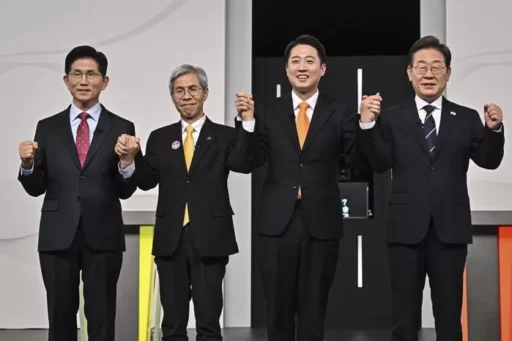
On the other hand, the jinx that states "governors of Gyeonggi Province do not become president" is likely to be broken in this election. Both candidates, Lee Jae-myung (35th governor) and Kim Moon-soo (32nd and 33rd governor), have experience as governors of Gyeonggi Province.
Past presidential attempts by Gyeonggi Province governors such as Lee In-je, Sohn Hak-kyu, and Nam Kyung-pil ended in failure; however, the likelihood of one of the two candidates winning this time has increased markedly.
Furthermore, a saying that "a political party can only win once under the same party name in presidential elections" is also expected to be broken this time.
In the past, the Democratic Justice Party became the Democratic Liberal Party, the New Politics Alliance for Democracy was renamed the Millennium Democratic Party, and the Grand National Party was renamed the Saenuri Party before securing victories in presidential elections. However, the Democratic Party has retained its name since former President Moon Jae-in's election, while the People Power Party has maintained its name since former President Yoon Seok-youl's election, implying this jinx is also likely to be disproved.

There have been instances in previous elections where jinxes were broken. Former President Yoon Seok-youl broke the jinx that "law graduates from Seoul National University do not become president," as well as the jinx that "candidates who do not serve as members of the National Assembly cannot become president," and "progressive and conservative governments alternate with ten-year terms."
Such election-related jinxes stem from coincidences or social contexts and have no grounding in evidence. Nevertheless, they provide interesting perspectives for election analysis and predictions, becoming part of the political culture.
In the upcoming 21st presidential election, there is heightened interest in which jinxes will endure and which will be broken.
Image Source: Lee Jae-myung, the Democratic Party presidential candidate, is seen delivering an impromptu speech on the second day of his 'Alley Listening Tour' in Geumsan, South Chungcheong Province on May 6, 2025. / News1; Kim Moon-soo, the People Power Party presidential candidate, appeals for support from citizens of Daejeon while wearing a 'Hanwha Eagles' uniform during his campaign in Daejeon Jung-gu on May 16, 2025. / News1 (joint coverage); News1; Image of former President Yoon Seok-youl during his term. / News1
